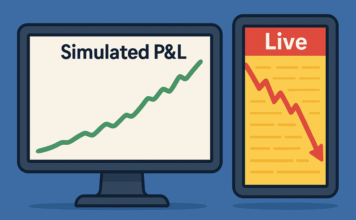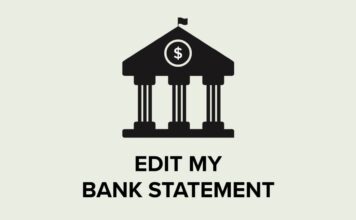4 reasons blockchains are excellent for data validation

1) You own your own data.
Imagine migrating between competing database vendors without losing your data history. Alternatively, imagine being an Amazon reseller and keeping your sales history when you move to eBay. Blockchains allow you to store important data on neutral infrastructure, not controlled by any company.
Blockchains allow your data to be validated by anyone, and for you to validate others’ data without relying on or being locked into any external 3rd party service provider.
With traditional solutions, either
- you use an outside vendor to store data, in which case you can’t leave this vendor without losing your data history,
- or, you store data internally, which makes it hard for 3rd parties to validate your data history.
Think of a blockchain as a neutral 3rd party who’s always there for you when you need them to validate data. And will continue to be there for you for decades into the future.
2) They’re high security.
A problem in blockchain code that allows data tampering endangers billions of dollars in financial value. If someone could tamper with your data, they could attack far more valuable targets and directly steal billions of dollars. The investment that prevents these attacks also secures your data.
The code for popular blockchains has been pored over by hundreds or even thousands of the world’s top engineers for years. You get to piggyback on tens of thousands of man-hours that went into building and auditing every line of code, whose entire purpose is to prevent data tampering.
3) Auditable tamper-proof timestamps.
It’s easy for anyone to verify when data was added to a blockchain. Not so for the typical enterprise database.
The time at which each block is added to the chain comes about via a process of distributed consensus. For secure decentralized blockchains like Ethereum, Bitcoin, Polygon and others, there are thousands or tens of thousands of independent computers distributed globally that agree on and maintain records of exactly when each piece of information was added to the chain.
Anyone can easily check these timestamps for themselves — they are fully auditable and transparent for customers, managers, regulators, or anyone else for whom you wish to validate your data’s provenance.
4) Long-term validity.
Certificates and digital signatures attesting to data timestamps generally expire and/or are revoked over time, making validation difficult or impossible. By contrast, blockchain data remains current and relevant.
By construction, data on blockchains can be appended only if all prior data can be validated. As a result, thousands of copies of historical data are publicly maintained by the network. Legacy data, its history, and the information needed to validate it becomes very brittle with time.
Even if a blockchain were to disappear and cease functioning, if even a single trustworthy copy of the chain’s history remains publicly available, your data will remain verifiable in full. Furthermore, maintaining a publicly verifiable copy costs very little, so there are many enterprises in whose interest it will be to maintain this information indefinitely.
Why are blockchains *not* great for data validation?
You have to deal with blockchains! Strange currencies, unreliable wallet software, complex distributed systems, novel development environments.
Our mission at validityBase is to make blockchain use for data validation as simple as any other database. We help our users make and validate blockchain based data with a single line of Python code or via our handy GUI. vBase is the blockchain data easy button.
Please contact hello@vbase.com to setup a free 15 minute demo.
The views expressed in this post are those of validityBase and do not constitute professional advice. Any information provided here is for informational purposes only.
This article may be republished under the following conditions: attribution must be given to validityBase with a link to the original post.
This work is licensed under a Creative Commons Attribution 4.0 International License.
Recent Posts
 Why Quants Pay More for Point-in-Time Data
Why Quants Pay More for Point-in-Time Data
Quant investors pay up for verified, point-in-time data, because only PIT can recreate the past faithfully and turn backtests into real trading edge.
 Stop Using Brokerage Statements to Show Your Track Record
Stop Using Brokerage Statements to Show Your Track Record
Many traders use brokerage statements to create a verifiable track record. Unfortunately they are not credible for this purpose. A better alternative exists.
